Asians decry ‘Chinese restaurant syndrome’ listing in dictionary
A social media campaign backed by a Japanese seasonings company is targeting the persistent idea that Chinese food is packed with MSG and can make you sick.
By Associated Press Jan 20, 2020, 8:00am CST
TERRY TANG, AP
:format(webp)/cdn.vox-cdn.com/uploads/chorus_image/image/66132795/AP20014000139620.0.jpg)
A customer helps himself to a soup dumpling at a Chinese dim sum restaurant in New York City. AP
A social media campaign backed by a Japanese seasonings company is targeting the persistent idea that Chinese food is packed with MSG and can make you sick.
So entrenched is the notion in American culture, it shows up in the dictionary: Merriam-Webster.com lists “ Chinese restaurant syndrome ” as a real illness that has been around since 1968. But much of the mythology around the idea has been debunked: monosodium glutamate, also known as MSG, shows up in many foods from tomatoes to breast milk, and there’s no evidence to link it to illness.
“For me, it’s another thing to point to other people and say ‘Look, if you think racism toward Asians doesn’t exist in this country, like here it is,’” said restaurateur Eddie Huang. “I know how white people see us. ‘They’re cool, they’re acceptable, they’re non-threatening. But they’re weird, their food.’”
Huang, a New York City-based chef and author (his memoir inspired the ABC sitcom “Fresh Off the Boat”), and TV’s “The Real” co-host Jeannie Mai are launching a social media effort Tuesday with Ajinomoto, the longtime Japanese producer of MSG seasonings. They plan to use the hashtag #RedefineCRS to challenge Merriam-Webster to rewrite the definition.
:format(webp):no_upscale()/cdn.vox-cdn.com/uploads/chorus_asset/file/19609800/AP20014019595321.jpg)
Jeannie Mai, co-host of TV’s “The Real,” is seen in New York filming a video for a campaign challenging Merriam-Webster’s dictionary entry of “Chinese restaurant syndrome.” AP
When reached for comment last week, Merriam-Webster said it had not received complaints before about “Chinese restaurant syndrome” but would reconsider the term.
“Our aim is always to provide accurate information about what words mean, which includes providing information about whether a use is offensive or dated,” senior editor Emily Brewster said in a statement. “We’ll be reviewing this particular entry and will revise it according to the evidence of the term in use.
Shifts in culture and attitudes put the dictionary in a constant state of revision, she added.
Before joining the effort, neither Huang nor Mai had any idea the phrase was in the dictionary.
“The dictionary I thought was a reputable kind of Bible that was fact-checked all the way through in order to get us information,” said Mai, who is Vietnamese and Chinese. “‘Chinese restaurant syndrome’ is truly an outdated, super racist term.”
The symptoms are listed as numbness of the neck, arms, and back as well as headaches, dizziness, and palpitations. It affects people eating food but “especially Chinese food heavily seasoned with monosodium glutamate.”
The campaign isn’t looking to wipe the phrase out, but update it.
:format(webp):no_upscale()/cdn.vox-cdn.com/uploads/chorus_asset/file/19609802/AP20014000254148.jpg)
A plate of fried tofu is served at a Chinese restaurant in New York City. MSG — monosodium glutamate, also known as MSG — shows up in many foods from tomatoes to breast milk, and there’s no evidence to link it to illness. AP
“I actually think it’d be interesting if they just kept it and just noted this is an outdated, antiquated thing,” Huang said. “I do think these things are important to remember and point to.”
Huang and Mai say the campaign is not about trying to help boost sales at Ajinomoto, which was founded in 1908 after a Japanese professor figured out how to isolate glutamate from a seaweed broth.
“They’re already selling tons of their products. They don’t really need my help to be honest,” Huang said.
So, how did the myth endure for more than five decades?
It started with a letter to the New England Journal of Medicine in 1968, according to Robert Ku, author of “Dubious Gastronomy: The Cultural Politics of Eating Asian in the USA.” Dr. Ho Man Kwok, who was Chinese American, wrote a letter speculating that some Chinese restaurants left him feeling numbness and other symptoms. Other readers, doctors themselves, then wrote in saying they experienced something similar. Some researchers claimed that MSG was the source, Ku said. The journal’s editors decided to call it “Chinese restaurant syndrome.”
:format(webp):no_upscale()/cdn.vox-cdn.com/uploads/chorus_asset/file/19609808/AP20014000170983.jpg)
A plate of sweet and sour pork is served at a Chinese restaurant in New York City. AP
“For a long time, Chinese restaurant syndrome was considered a legitimate ailment that the medical community seemed to back,” Ku said.
The New York Times picked up on the debate. Chinese restaurants everywhere were putting up signs and menus that said “No MSG” because of the backlash.
It wasn’t until the 1990s that specialists doing more research began disproving the syndrome, Ku said. They found MSG was in just about every processed food.
“It made no sense that only Chinese food that has MSG causes these ill effects but you can’t get it from Campbell’s Soup,” Ku said.
MSG comes from glutamate, a common amino acid or protein building block found in food, according to Julie Stefanski, a spokeswoman for the Academy of Nutrition & Dietetics. Glutamate is present in foods like ham and some cheeses.
The Food and Drug Administration says MSG is generally recognized as a safe addition to food. In previous studies with people identifying as sensitive to MSG, researchers found that neither MSG nor a placebo caused consistent reactions, the agency said.
At a Chinese restaurant in Phoenix, some patrons had never even heard of the term.
Linda Saldana is bothered by one culture’s food getting singled out.
“I’m obviously not Asian,” said Saldana, who was having lunch with her husband, son and two nieces. “But if that was to be said about Mexican food, I’d feel a little offended because how could food cause all that?”



 Reply With Quote
Reply With Quote
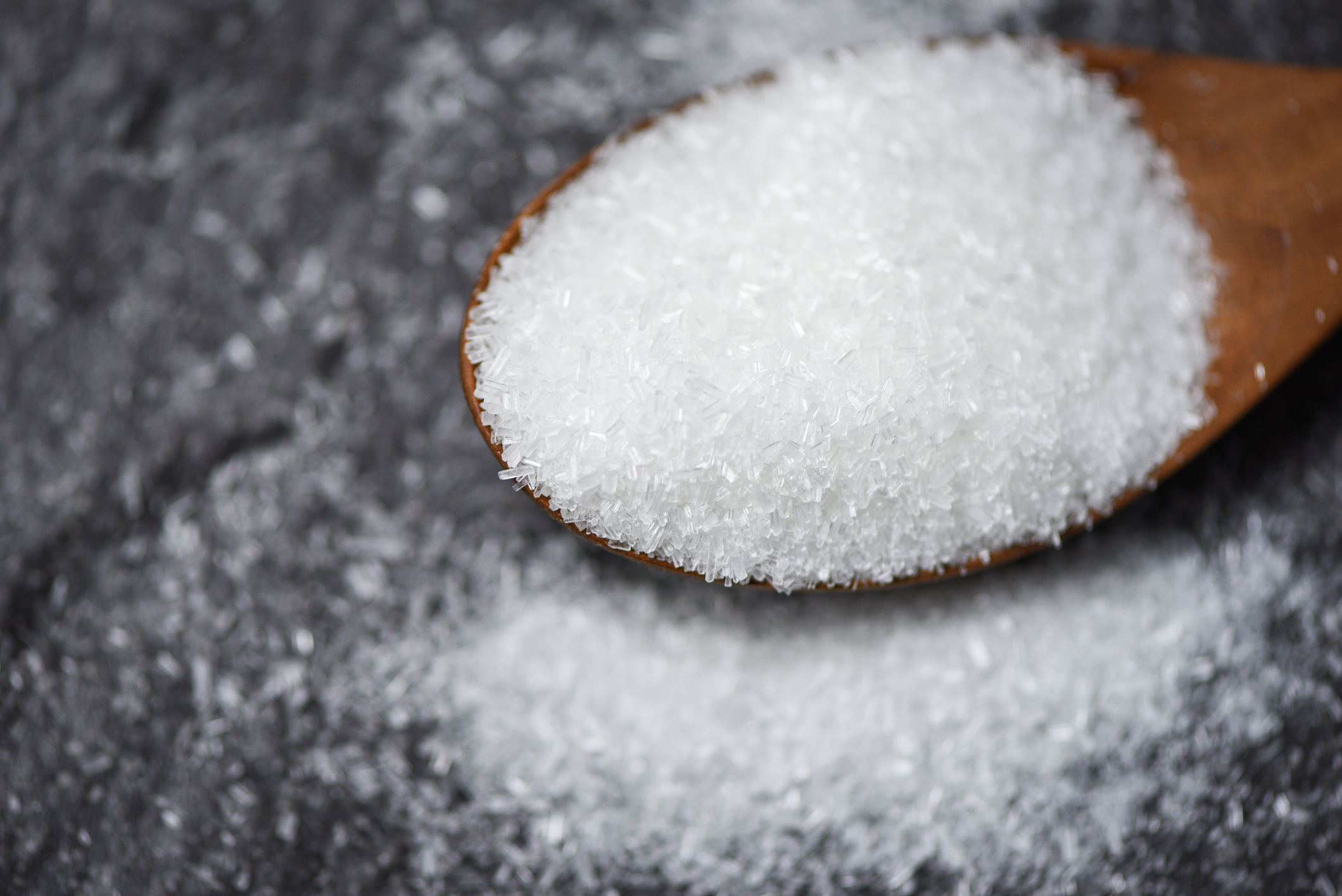


 I only use MSG in my cooking rarely, but sometimes a dish just needs that extra savor.
I only use MSG in my cooking rarely, but sometimes a dish just needs that extra savor.
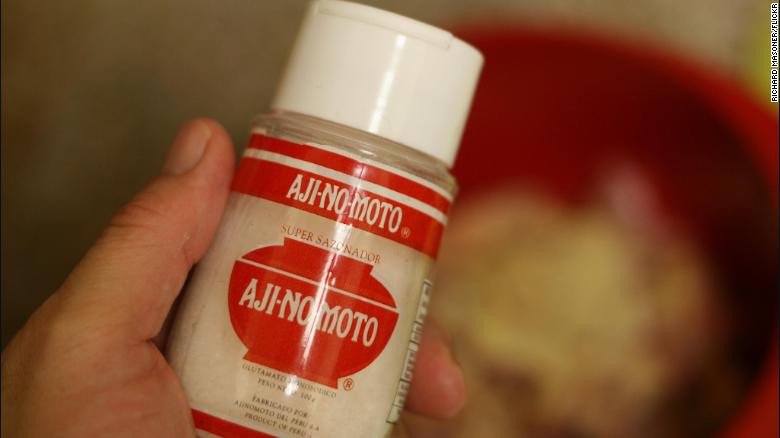
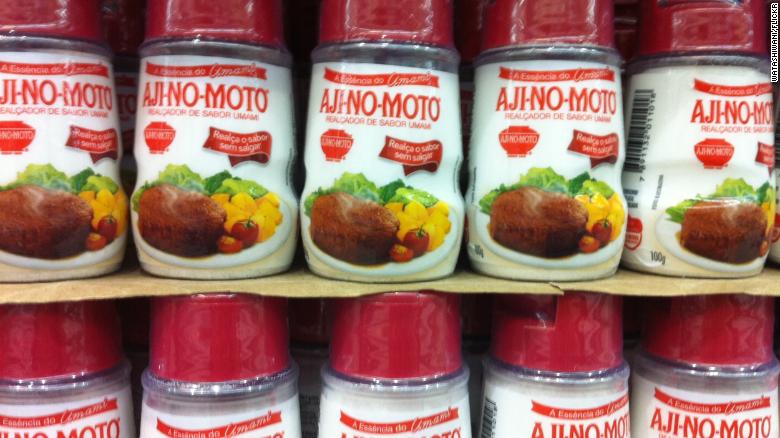
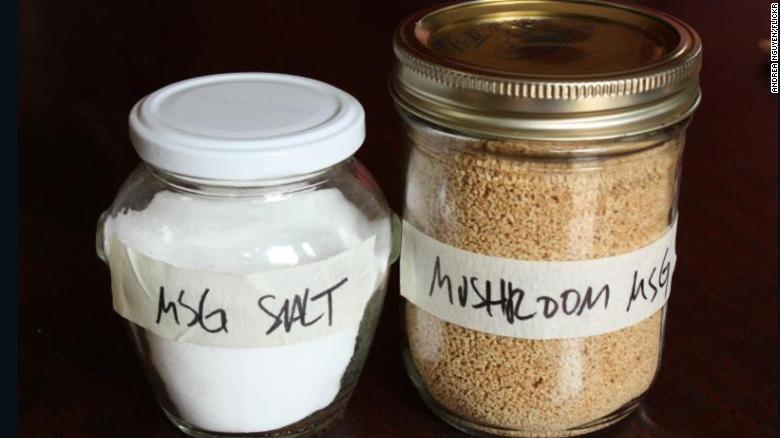
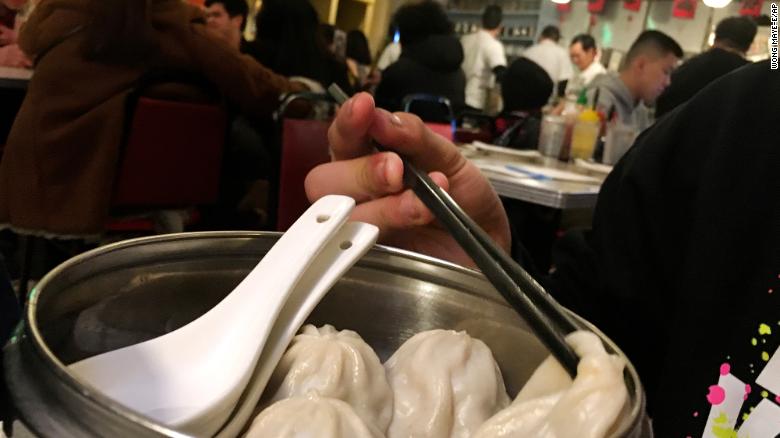
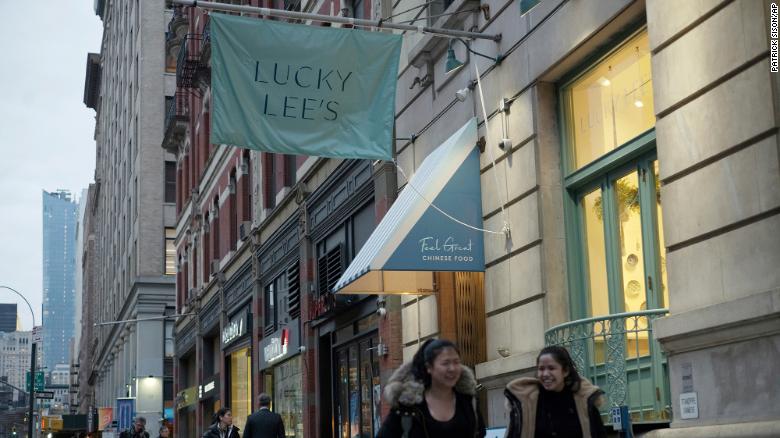
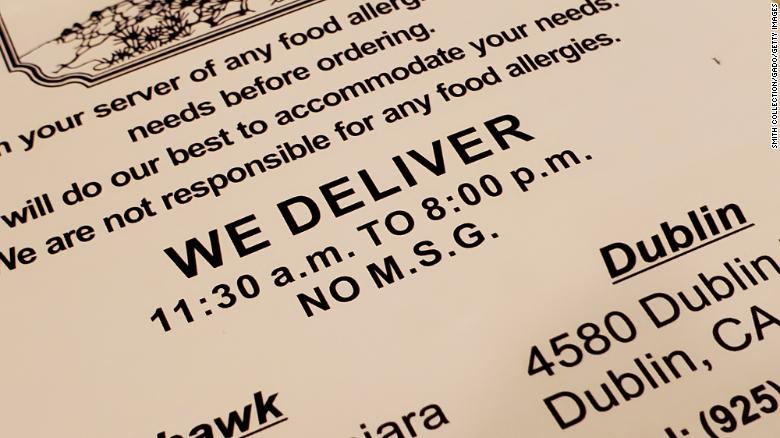


:format(webp)/cdn.vox-cdn.com/uploads/chorus_image/image/66132795/AP20014000139620.0.jpg)
:format(webp):no_upscale()/cdn.vox-cdn.com/uploads/chorus_asset/file/19609800/AP20014019595321.jpg)
:format(webp):no_upscale()/cdn.vox-cdn.com/uploads/chorus_asset/file/19609802/AP20014000254148.jpg)
:format(webp):no_upscale()/cdn.vox-cdn.com/uploads/chorus_asset/file/19609808/AP20014000170983.jpg)

